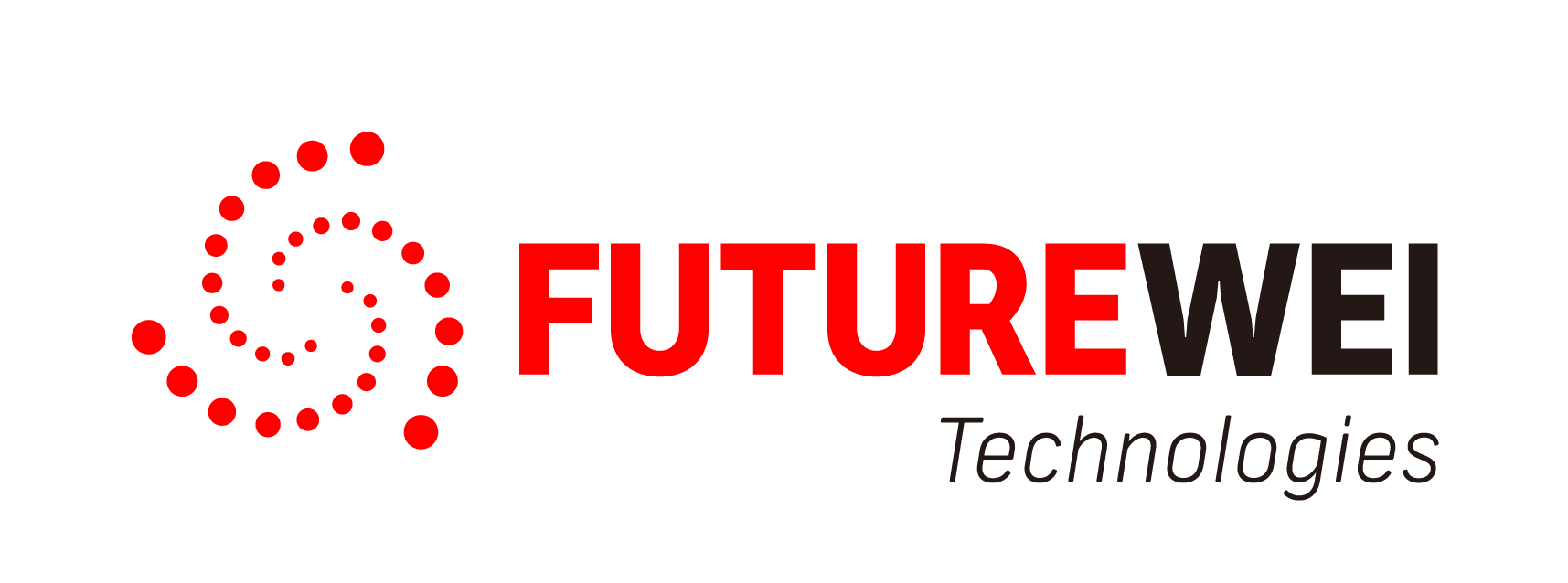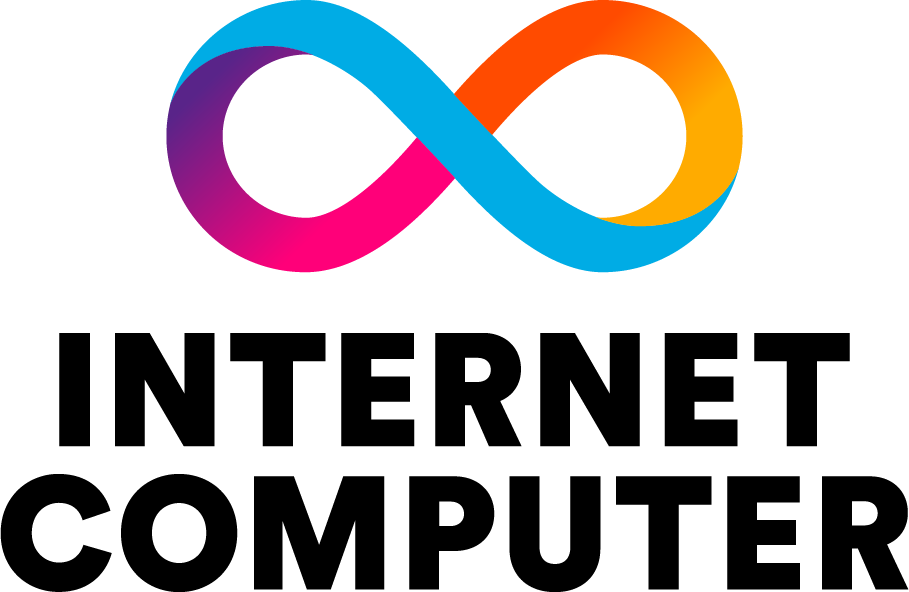The Bytecode Alliance is a nonprofit organization dedicated to creating secure new software foundations, building on standards such as WebAssembly and WebAssembly System Interface (WASI).
The Bytecode Alliance is committed to establishing a capable, secure platform that allows application developers and service providers to confidently run untrusted code, on any infrastructure, for any operating system or device, leveraging decades of experience doing so inside web browsers.
We have a vision for a secure-by-default WebAssembly ecosystem for all platforms.

Become a member
The Bytecode Alliance welcomes contributions and participation from across the industry. Join as a member and help drive the future of computing.
FAQ
Frequently Asked Questions
-
What is the Bytecode Alliance?
The Bytecode Alliance is a nonprofit organization working to provide state-of-the-art foundations for the development of runtime environments and language toolchains where security, efficiency, and modularity can all coexist across a wide range of devices and architectures. We enable innovation in compilers, runtimes, and tooling, focusing on fine-grained sandboxing, capabilities-based security, modularity, and standards such as WebAssembly and WASI.
-
Why is this an important area for innovation and collaboration?
Developers are running untrusted code in many new places, from the cloud to IoT devices. But this opens up many security concerns, and also portability challenges when you try to run the same code across these different systems. We don’t yet have a solid, secure foundation to build upon.
With WebAssembly and emerging related standards such as WASI, WebAssembly Interface Types, and Module Linking, this solid foundation is taking shape and beginning to transform computing through growing production deployment. By building and evolving this foundation we can address some persistent fundamental issues of today’s software development practices.
-
Why does this require a cross-industry effort?
The problem we are attempting to solve is fundamentally a cross-industry problem. We want to allow for safe interaction and code reuse across server, edge, browser, mobile, and more platforms. These different operating environments are developed by different groups across the industry. Our intent is to bring them together to solve problems for everyone.
-
How does this relate to standardization bodies like the W3C’s WebAssembly CG?
The Bytecode Alliance is focused on creating a shared implementation of standards produced by the WebAssembly CG and other standardization bodies.
We believe that standards are best informed by implementation. To enable this, we bring together a wide range of different use cases. Many of our contributors are also active in standardization and use this implementation experience and feedback to inform their work.
-
What projects are already a part of this?
Hosted projects and groups are key ways in which the Bytecode Alliance pursues its mission. While contributions to WebAssembly are happening across a broad and rapidly growing range of community, organizational, and individual efforts, certain projects are recognized by the Bytecode Alliance as central to the vision for WebAssesmbly it shares with its members. Those projects receive special support through the Bytecode Alliance Board and its Technical Steering Committee.
You'll find more details about our hosted projects and Bytecode Alliance projects in general on our Projects page.
-
How are these projects licensed?
Our adopted projects are licensed under the Apache 2.0 license + LLVM exception (which ensures GPL compatibility). Some supporting projects are licensed under Apache 2.0/MIT dual license.
-
How do individuals get involved?
Developers are encouraged to participate in any open source project in the Bytecode Alliance. Each project is governed by its own committer group. Developers who are very active in shaping a project are eligible for nomination to the project’s committer group. Our community YouTube channel is an excellent resource for learning more about our projects and how to get involved, including by joining live-streamed regular community meetups.
Developers can also join in by integrating the Bytecode Alliance’s projects into their projects and products, and providing feedback based on their use cases.
Our Technical Steering Committee (TSC) is the top-level body of governance for Bytecode Alliance projects and is open for participation by all project contributors. It also manages our Recognized Contributor program, and represents projects and contributors on the Bytecode Alliance's highest governance body, the Board of Directors. More information on the TSC, its responsibilities, and its programs are provided in its charter.
-
How do organizations join the Alliance?
Organizations can join the Bytecode Alliance as members and are encouraged to participate in the Alliance’s open source projects as well as incorporate them into their own projects and products.
-
How is the Alliance governed?
The Bytecode Alliance follows an open governance model through a Board of Directors as the top-level oversight body, with seats elected by member organizations, and through its Technical Steering Committee (TSC), selected from established project contributors. Our bylaws define the details of top-level governance, with additional details of TSC operations specified in its charter.















